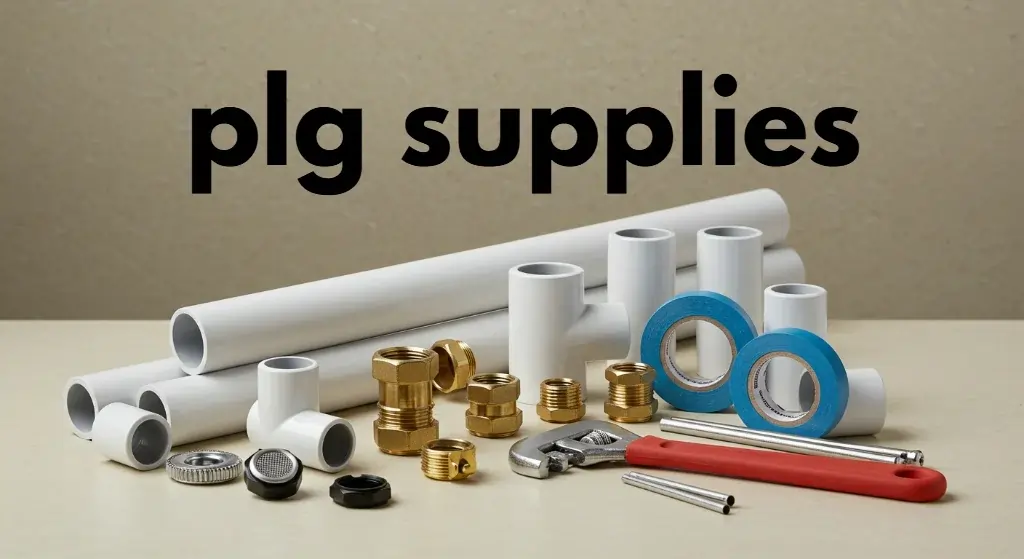Renovating your home can be an exciting endeavor, but it often comes with the challenge of managing and disposing of debris. This blog post will provide valuable insights into efficiently reducing and disposing of the waste that accumulates during remodeling projects. Whether you’re a seasoned DIY enthusiast or a first-time renovator,
This guide will help ensure a clutter-free, eco-friendly renovation process. From planning strategies to effective waste management tips, you’ll learn how to handle Home debris with ease and responsibility.
Why Proper Debris Disposal Matters
Proper handling of renovation debris is crucial not only for the environment but also for the success of your project. Disorganized waste can create safety hazards and unnecessary delays. By understanding the importance of effective debris disposal, you can maintain a clean and safe work Home environment, ultimately saving time and money.
Furthermore, being mindful of waste management demonstrates a commitment to sustainability, a growing concern for many Home Renovations. By adopting eco-friendly practices, you can contribute positively to your community and the planet.
Planning for Debris Disposal
Before embarking on any renovation project, it’s essential to plan for debris disposal. Start by assessing the scope of your project and estimating the amount of waste it will generate. This foresight will guide your choice of disposal methods and help you allocate the necessary resources for efficient waste management.
Having a detailed plan in place ensures that debris disposal is integrated seamlessly into your renovation timeline. The more organized your approach, the smoother your project will run Home.
Choosing the Right Disposal Method
There are several methods for disposing of renovation debris, each with its own advantages. Renting a dumpster is a popular choice for larger projects, providing a convenient way to collect and transport waste. When considering dumpsters for rent in Salt Lake City, be sure to evaluate the size and duration needed to accommodate your project’s requirements.
For smaller projects, curbside pickup services may suffice. Additionally, recycling centers are an excellent option for repurposing materials like metal, wood, and glass, Home aligning with sustainable renovation practices.
Sorting and Organizing Debris
Sorting and organizing debris is an essential step in the disposal process. Begin by categorizing waste based on material type, such as wood, metal, drywall, and plastics. This separation simplifies disposal and recycling efforts, ensuring that recyclable materials are not sent to landfills unnecessarily.
Organized waste also makes it easier to identify reusable materials Home, which can save money and resources. By carefully sorting debris, you contribute to a more sustainable renovation process.
Recycling and Reusing Materials
Recycling and reusing materials from your renovation project can significantly reduce environmental impact. Many materials, such as metals and plastics, are recyclable, while others like wood can be repurposed for future projects. By keeping an eye out for opportunities to recycle and reuse, you can minimize waste and save on disposal costs.
Incorporating recycled materials into your renovation project Home can also add unique and creative elements to your design. Consider how these materials can be repurposed to enhance the aesthetic of your space.
Safe and Secure Disposal Practices
Safety should always be a priority when disposing of renovation debris. Ensure that all waste is securely contained, preventing hazards such as sharp objects or toxic substances from causing harm. Properly labeling and sealing hazardous materials is crucial to protecting both workers and the environment.
Educate yourself on local regulations regarding the disposal of Home specific materials, as improper disposal can result in fines or legal issues. By adhering to safe and secure disposal practices, you maintain a responsible and compliant renovation process.
Minimizing Waste Generation
Reducing the overall amount of waste generated during your renovation can have a lasting impact on both the environment and your budget. Consider implementing Home design plans that focus on efficient use of materials and seek out eco-friendly products that produce less waste.
Another strategy to minimize waste is to repurpose or Home donate materials that are still in good condition. By adopting a mindset of conservation and reuse, you can create a more sustainable renovation process.
Hiring Professional Help
For larger or more complex renovation projects, hiring professional help can streamline the Home debris disposal process. Professionals have the experience and equipment necessary to efficiently manage waste, ensuring it is disposed of safely and responsibly.
When hiring a professional service, seek out companies with a commitment to environmentally friendly practices. This approach aligns with sustainable renovation goals and enhances the overall quality of your project.
Staying Informed About Local Regulations
Understanding local regulations regarding debris disposal is essential to avoid legal complications. Each municipality may have specific rules about the types of waste that can be disposed of and the appropriate methods for doing so. Staying informed ensures compliance and allows you to plan accordingly.
Consult with local authorities or waste management companies to obtain the most up-to-date information on disposal regulations in your area. Knowledge is power, and being informed empowers you to act responsibly.
Encouraging Sustainable Practices
Encouraging others to adopt sustainable practices in debris disposal can have a widespread positive impact. Share your experiences and insights with friends, family, and neighbors who are also considering home renovations. By promoting eco-friendly practices, you contribute to a culture of sustainability within your community.
Every effort counts, and by working together, we can create a cleaner, more sustainable future for everyone.
Conclusion
Effectively managing debris during home renovations requires careful planning and responsible practices. By implementing the tips and strategies outlined in this guide, you can ensure a clean, safe, and eco-friendly renovation process.
Remember, efficient debris disposal not only benefits the environment but also enhances the success of your renovation project. Stay informed, prioritize safety, and encourage others to adopt sustainable practices. For those in need of professional assistance, consider exploring reliable services like dumpsters for rent in Salt Lake City to make your renovation process even smoother. With the right approach, you can transform your space while minimizing your environmental footprint.







2 thoughts on “Reducing and Disposing of Debris: Tips for Home Renovations and Remodeling”